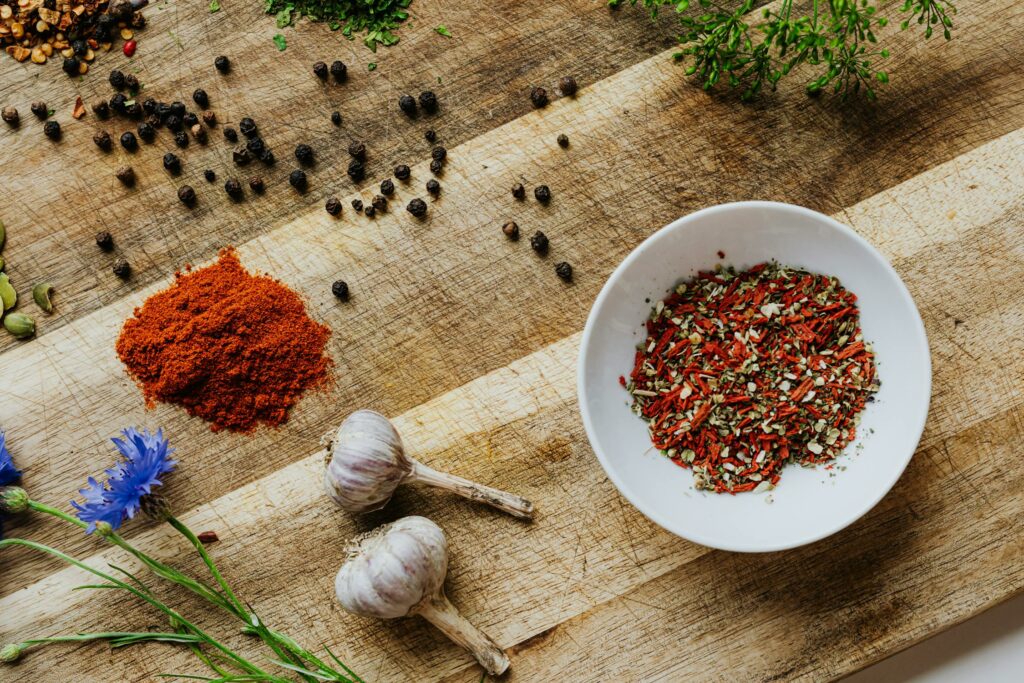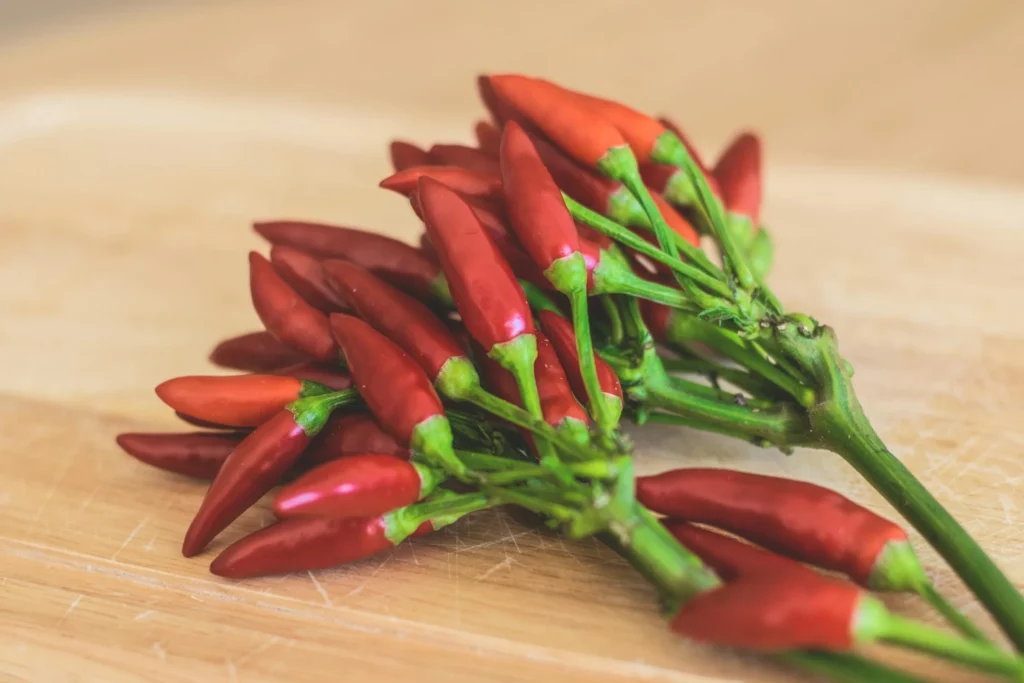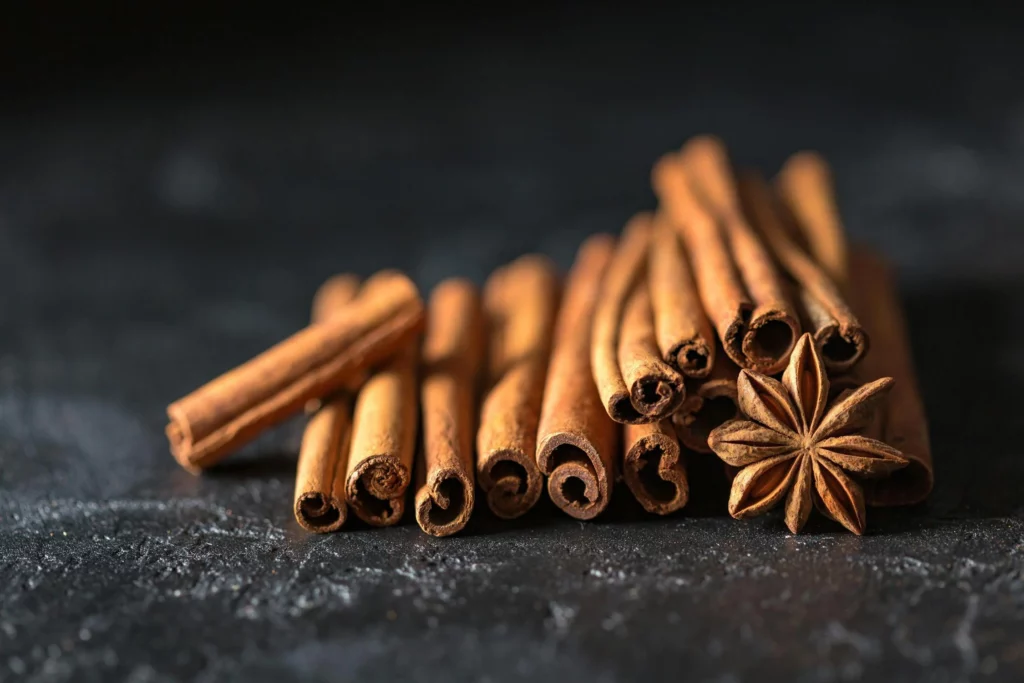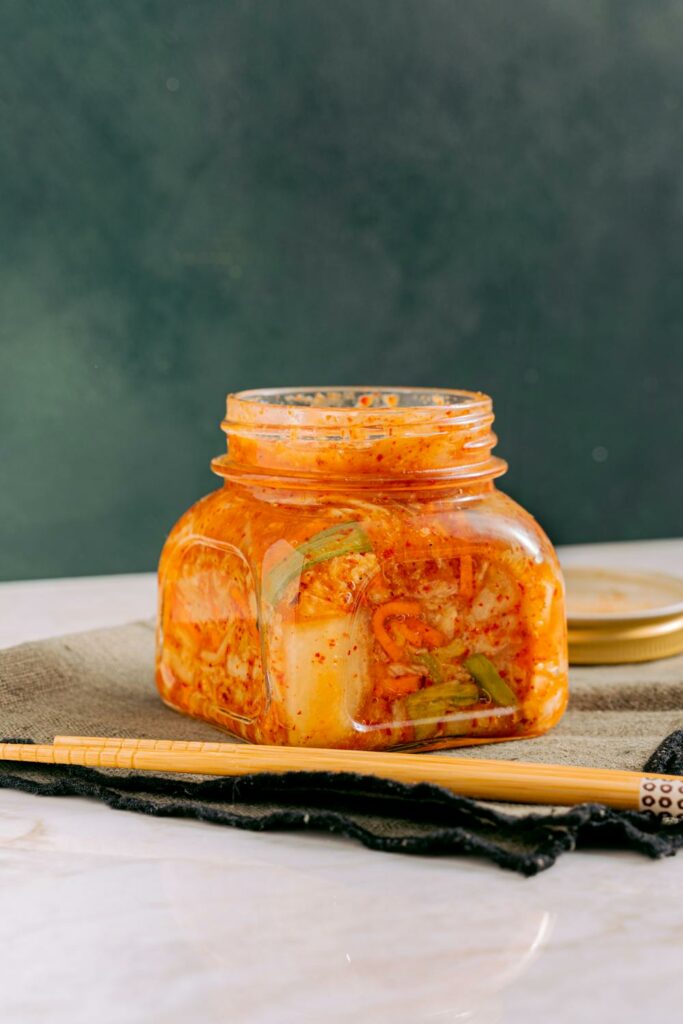Atherosclerosis, or clogged arteries, is a condition that occurs when fatty deposits accumulate along artery walls. This leads to the narrowing of the arteries and restriction to the blood flood to the heart and other body parts, thus causes coronary heart disease.
The symptoms of clogged arteries depend on the arteries affected.
Carotid arteries: carotid artery disease occurs when the arteries in the brain get clogged. This increases the the risk of stroke. During a stroke, the brain is left without oxygen and brain cells begin to die. Stroke is the leading cause of death and disability in America.
Coronary arteries: CHD or coronary heart disease happens when the arteries in the heart are clogged. When this happens, the heart muscle fails to receive enough blood, which can lead to chest pain, or angina.
Renal arteries: clogged renal arteries in the kidneys can lead to chronic kidney disease which can impair kidney function over time.
Peripheral arteries: Peripheral arterial disease is a result from plaque buildup in the arms, legs, and pelvis.
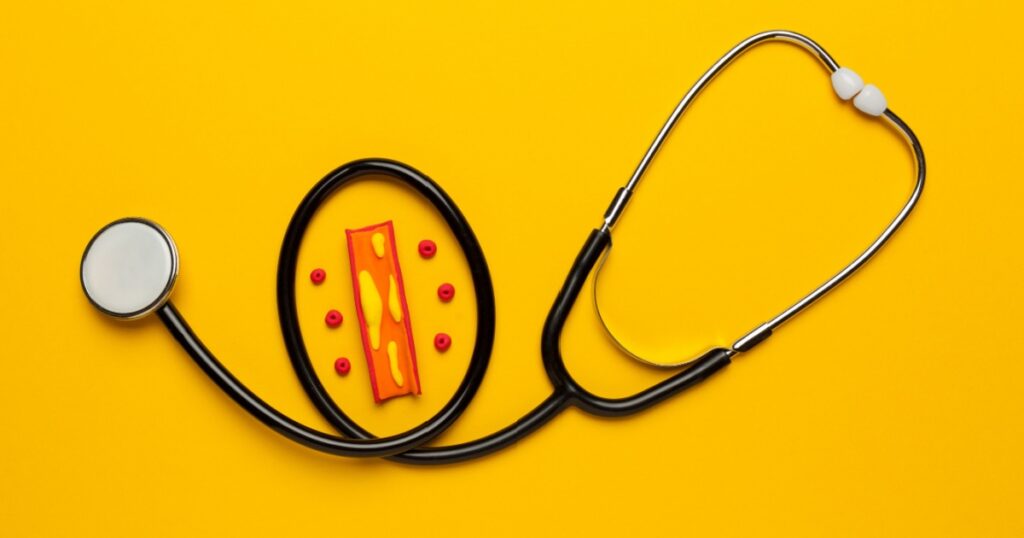
If you are diagnosed with atherosclerosis, the treatment includes lifestyle changes, medications, procedures or surgeries.
When it comes to prevention and improving the symptoms, changing the lifestyle is a must.
Additionally, what reduces the risks is opting for healthier food options, keeping a healthy weight, limiting the alcohol consumption, stopping smoking cigarettes and other tobacco products, as well as taking medications prescribed by your doctor, such as those for high blood pressure and diabetes.
Further, some foods that help with clogged arteries are:
Curcumin (in Turmeric): Curcumin, found in turmeric, can help lower inflammation in the body and prevent LDL cholesterol from becoming oxidized.
Garlic: People have used garlic as a natural medicine for treating various health conditions for centuries. Its consumption helps lower the high blood pressure and cholesterol levels. At the same time, it can improve C-reactive protein (CRP) and coronary artery calcium (CAC) levels, linked to inflammation and plaque buildup in the arteries. With that, it can help prevent atherosclerosis.
Ginger:Ginger is rich in anti-inflammatory and anti-oxidative properties, as well as heart-protective compounds like shogaols and gingerols.
Cayenne pepper: Capsaicin is a component of the cayenne pepper that can help reduce LDL cholesterol in the blood. A study from 2009 shows that capsaicin could potentially prevent the vascular and pulmonary complications caused by the combination of HAART drugs – highly active antiretroviral therapy – and the HIV protease inhibitor ritonavir.
Lemon: Lemons are a great source of vitamin C, high doses of which “strengthen arteries, reduce total cholesterol, increase high-density lipoprotein (HDL), inhibit platelet aggregation, and reduce inflammation.”
Cinnamon: Cinnamon regulates blood sugar and blood pressure. As such, it potentially lowers the risk of diabetes and hypertension, two conditions that contribute to clogged arteries.
Ground flaxseed: Flaxseeds are rich in Omega 3, fiber, and lignans.
Fermented cabbage: Fermented cabbage and hot peppers makes a well known Korean drink known as kimchi. Further, an active compound in this probiotic drink, 3-94-hydroxy-3,5-dimethoxyphenyl, prevented the development of aortic atherosclerosis in high-cholesterol-fed rabbits, a 2009 study published in Journal of Agricultural and Food Chemistry showed. Kimchi can also help break down harmful substances, such as bisphenol A and the insecticide chlorpyrifos.
Walnuts: Study shows that walnuts are rich in PUFAs, fiber, essential minerals like potassium and calcium, and various vitamins. As such, they help reduce inflammation and lower the risk of developing cardiovascular diseases..
Avocado Oil: As per a recent study, avocado oil is rich in healthy fats and its consumption promotes a healthy heart.
*This information serves for informational purposes only and not a replacement for professional medical advice, diagnosis, or treatment. Always consult your doctor or healthcare provider with any medical concerns or questions.
Please SHARE this article with your family and friends on Facebook.
Bored Daddy
Love and Peace

